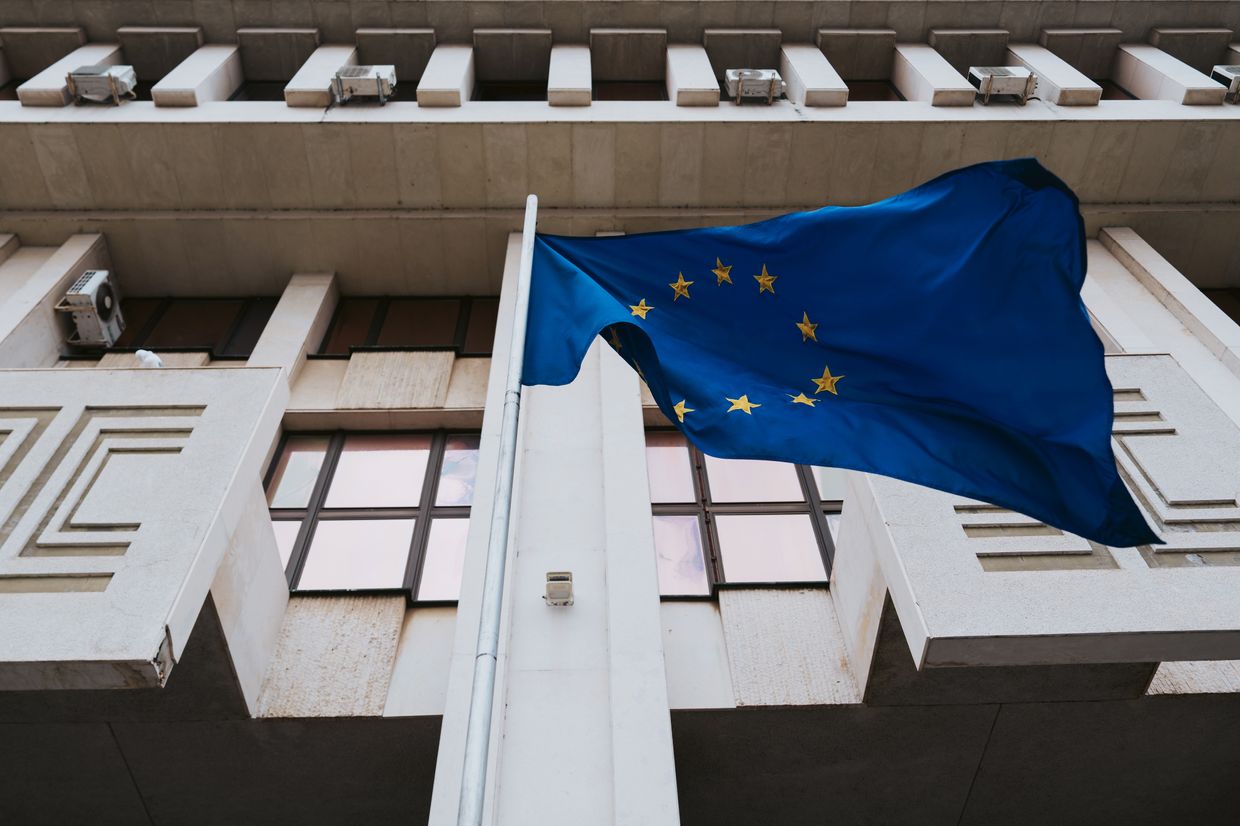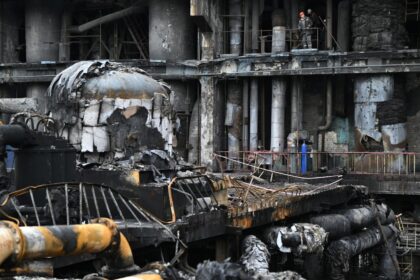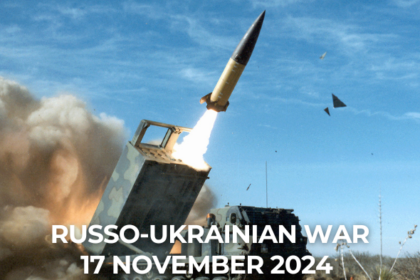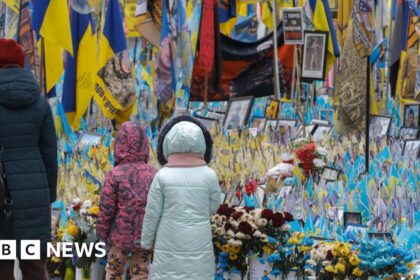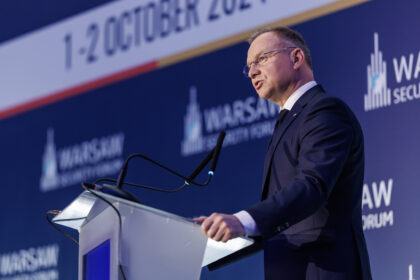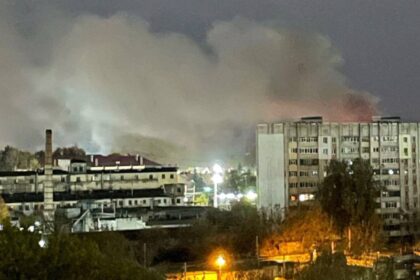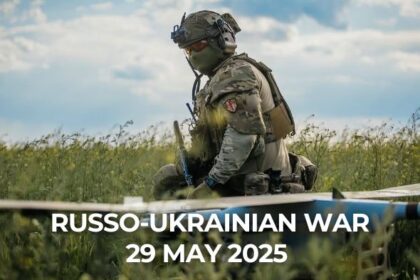**Slovak Prime Minister Refuses to Meet with Ukrainian President, Blocks EU Sanctions**
In a tense diplomatic move, Slovak Prime Minister Robert Fico has announced that he will not meet directly with Ukrainian President Volodymyr Zelensky. The reason for this decision? According to Fico, Zelensky “hates” him.
This latest development comes as Slovakia joins Hungary in blocking an 18th package of sanctions against Russia. This is a significant move, as the EU’s collective decision-making process requires unanimous approval from all member states. By blocking these sanctions, Slovakia is putting pressure on the EU to reconsider its stance on Russia.
The tension between Fico and Zelensky has been building for some time now. Fico has consistently opposed Ukraine’s bid to join the EU, and his government has also reversed Slovakia’s previous pro-Ukraine policy. In fact, since taking office in 2023, Fico has ended military aid to Kyiv and questioned the value of EU sanctions on Russia.
Fico claims that he has better relations with Ukrainian Prime Minister Denys Shmyhal, but this is unlikely to ease tensions between their two countries. Zelensky has yet to respond to Fico’s claims, which have been met with criticism from many in Ukraine and beyond.
**Why Does This Matter?**
The implications of Slovakia’s decision are far-reaching. By blocking EU sanctions against Russia, Slovakia is undermining the collective effort to hold Moscow accountable for its actions. This could embolden Russian President Vladimir Putin, who has already faced significant economic consequences due to the sanctions.
Moreover, this move could also damage Ukraine’s bid to join the EU. As a major player in Eastern Europe, Slovakia’s opposition to Ukraine’s membership could set a precedent for other countries to follow suit.
**The Bigger Picture**
This latest development highlights the growing divisions within the EU on how to handle Russia and its actions in Ukraine. While many EU member states continue to support Ukraine, others are more ambivalent or even actively opposed to sanctions against Russia.
Fico’s refusal to meet with Zelensky is also a reflection of the increasingly complex relationships between European leaders. In an era of rising nationalism and Euroscepticism, it seems that some countries are willing to prioritize their own interests over the collective good of the EU.
As tensions continue to rise, one thing is clear: this is not just about Slovakia or Ukraine – it’s about the future of Europe itself.
Read More @ kyivindependent.com




